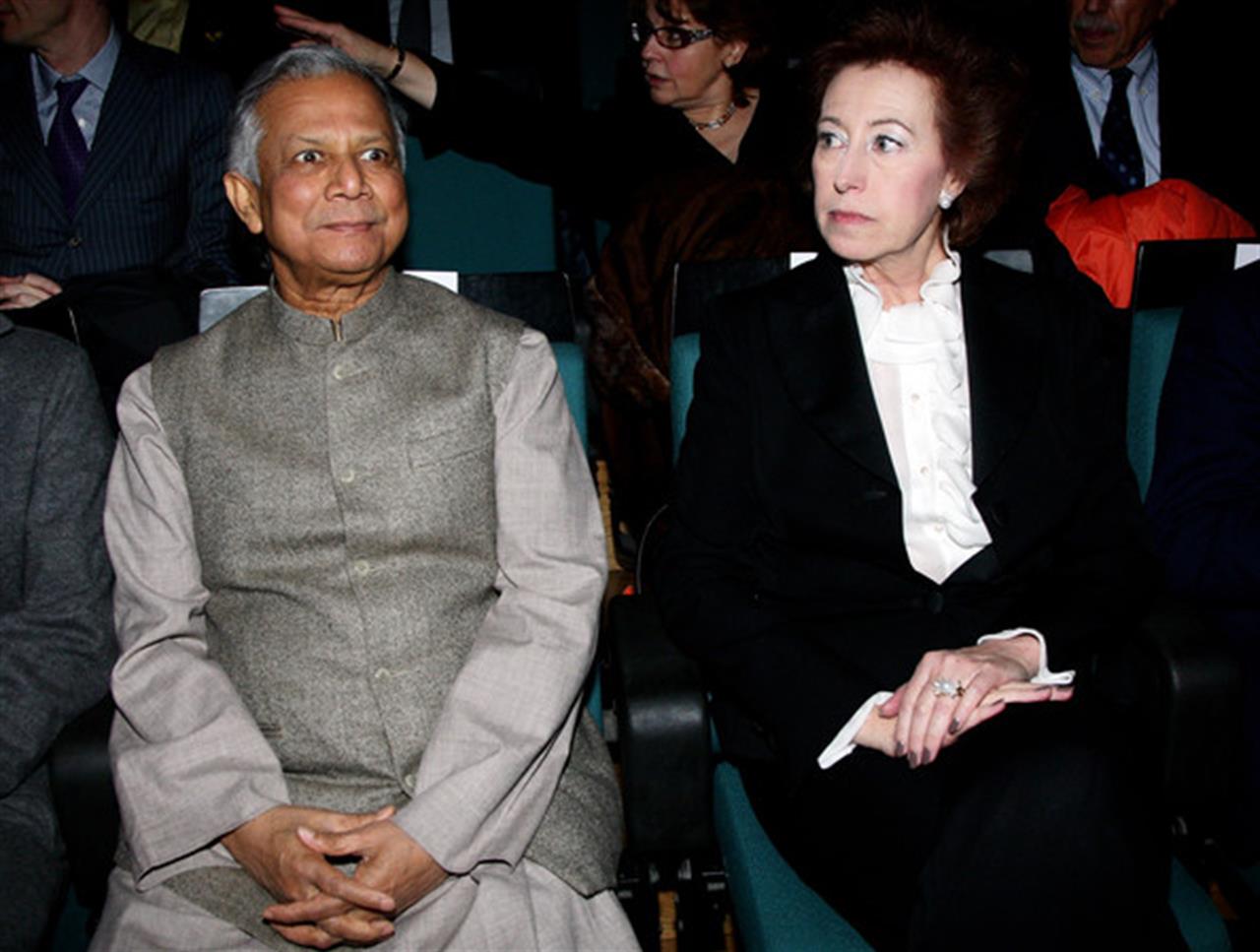
In Western Europe the Italystan Republic (what I rename my home country) goes to vote again. It’s not a national election but the reputation of the PM is at stake. Is it an opportunity for change?
The country needs to get out of the box. Italians are desperate for change but another election won’t bring it about. Change is already happening but in society. Have you noticed?
Last week I went back to Italystan. I was invited by Euricse to give a lecture. Euricse is a research centre on social enterprise based in Trento, the Italian capital of social cooperation. Consortium Gino Mattarelli is based there. It gathers 5000 social enterprises running all sort of public services in the region.
The centre hosts a group of young people (young people in Italy?!? Yes, there are still some ) led by Carlo Borzaga, the top Italian academic expert on social enterprise and Gianluca Salvadori, public manager of one of the richest regions in Europe. During our cnversation Borzaga made a simple distinction that you can’t miss.
What’s the difference between social enterprise in the UK, France and Italy? In the UK an enterprise can be defined as ‘social’ if it’s mission is for the public good (what?). In France, it is social if it’s governance is democratic (how?) and in Italy it’s a mix of both i.e. everything must be complicated in Italystan!
During the same trip I had the opportunity to meet local social entrepreneurs and the young crew of the Rovereto Hub for social innovation. These people are part of a larger group of Italians who don’t give up and make change happen every day in their territory.
In Italy social enterprise has grown since the ’70s, decentralization of the welfare state and public service delivery in partnership with the third sector has been implemented since the early ’90s, the in-depth research is going well but despite all this, the sector is stuck. Practitioners are passionate but professionalism is rare; little investment in professional development and new initiatives; the same people receive all the funding available. Ferocious divisions in clans and regions.
Italians have just realized there is a big world outside and launched the first initiative to internationalize Italian social enterprise. Check Solidarete Foundation. The website is poor and this tells us something about an organisation pretending to be international. Moreover, another group has launched the same initiative just to be sure they don’t miss an opportunity for duplication.
Michael, a friend and art director, in an attempt to explain the extent to which Italians share the same charitable tradition as in the UK: “Social Italy.. are you joking? Italy is fashion, art and style!
Perhaps Michael is partially right. Italians even want the social to be beautiful. Can you blame them? It’s their tradition and their everyday experience living in the homeland of art. Perhaps this explains the success of Hub Milan.

After Trento I was escorted by my faithful Paolino Campagnano to Milan for the launch of the Hub . It’s the baby of Alberto Masetti-Zannini – il mio compagnuccio di merende – meant to create a space for Italians to connect with each other, liberate their creativity and reconnect to the rest of the world.
The party lasted all night. It was packed: between 1000 – 1500 came. I have never seen such a popular event for a third sector opening. It means something. Just a comment: it’s beautiful.
Milanese understood the project. Media covered the event but donors and investors haven’t put in a penny. Neither public institutions nor private donors have shown the courage to support such a brave initiative. Ms Moratti, the Mayor of Milan, wants an hub for social business… but will give money – little money – to Mohammed Yunus. Politicians understand the marketing but not social innovation!?!
Bank foundations and venture philanthropists applaud the event but don’t support it. I guess Alberto hasn’t begged enough. Commercial investors don’t understand the social mission. They expect a better return.
This is a real social venture. Alberto and the others are bearing all the risks to develop social innovation in Italy. People have acknowledged their success. Now it’s time for the big guys to move their arses….

Back in London and the atmosphere is pretty much the opposite. Social enterprise is cool. New organisations are opening every day by young people and the government has poured millions in the new industry.
In two weeks the Skoll World Forum starts. All the big fish are ready to join. It’s a sort of Davos for third sector leaders, social entrepreneurs and investors. Ordinary citizens can’t go because the ticket is too expensive.
I won’t go because I have a new policy. I don’t go where I have to pay. My contribution is brain power, expertise, contacts… and madness. Euclid’s money is better spent otherwise. I also declined Tallberg and cancelled the Clinton Foundation. They are all circles reproducing the same mechanism of exclusion with the same people who add social to their name.
Innovation flourishes when you cross boundaries and explore new territories. I get bored when I deal with the same people. Otherwise I would have stayed in Bologna.
On the other hand, I’m planning to go to the Oxford Jam. In the best British tradition, a fringe event has been organised to antagonise the establishment. It’s organised by Ben Metz and Liam Black. It’s open to everybody, very cheap and five minutes from Said Business School where the Skoll Forum takes place.
OK it’s a bit incestuous with same people playing the Cambridge Vs Oxford. People neither care nor understand. But we get out of the box at least. Bare with me. I will tell you how it is.
The Brits might be the last one with social enterprise but already look like the world leaders. They understand marketing!
Si può usare la Carta docente per abbonarsi a VITA?
Certo che sì! Basta emettere un buono sulla piattaforma del ministero del valore dell’abbonamento che si intende acquistare (1 anno carta + digital a 80€ o 1 anno digital a 60€) e inviarci il codice del buono a abbonamenti@vita.it

